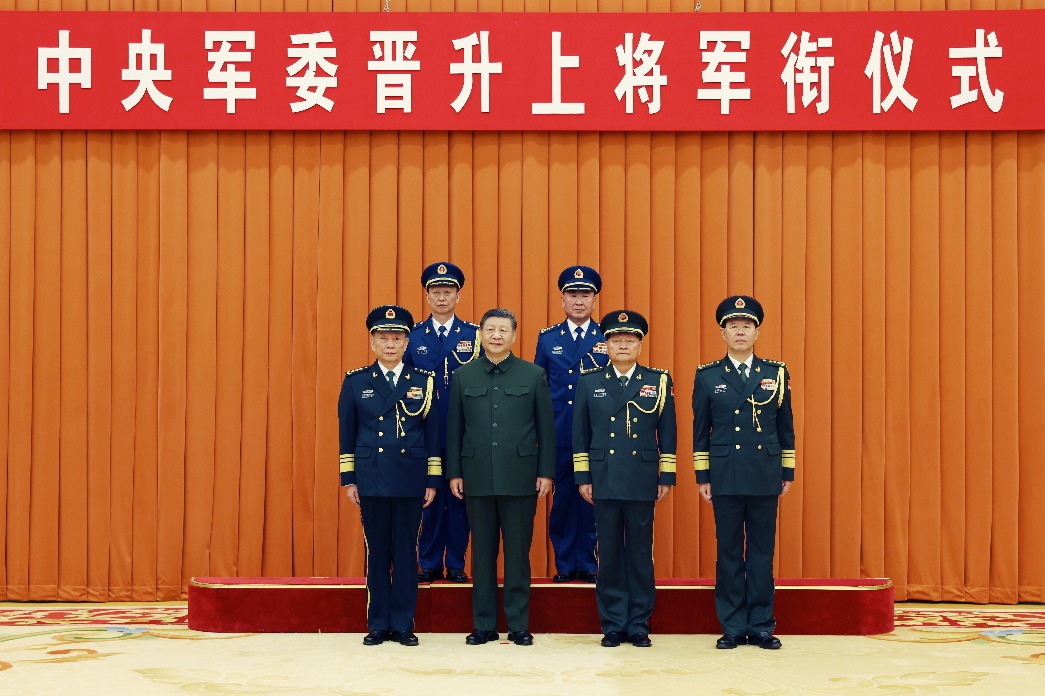Asian Americans hurt by political rhetoric

The state of the US-China relationship and the tense rhetoric used by politicians and the media have a huge impact on the way Chinese Americans feel they are treated by strangers and coworkers, research has found.
Most of the Chinese Americans recently polled by the nonprofit organization the Committee of 100 and the National Opinion Research Center, or NORC, at the University of Chicago believe that the US-China relationship is strained.
At least 61 percent said the language used by US media when reporting on relations between the countries negatively affected how strangers treated them. A quarter said their relationship with acquaintances and coworkers had been impacted.
"Understanding the … discrimination and political perspectives of Chinese Americans is essential to create inclusive and informed policies," said Cindy Tsai, interim president of the Committee of 100.
With just weeks before the US general election, US trade and business with China is a key topic for Democratic Vice-President Kamala Harris and Republican Donald Trump. For instance, Trump regularly mentions his proposed policies for China, such as a possible 60 percent tariff on goods imported into the US.
Since the COVID-19 pandemic in 2020, anti-Asian hate crimes have soared.
Around two-thirds polled by the Committee of 100 said they faced at least one form of discrimination in an average month. Some feared that heated political rhetoric about US-China relations could further inflame discrimination.
Last year, 49 percent of Asian Americans and Pacific Islanders, or AAPI, said they had been the victim of a hate crime and 26 percent of a physical attack, a September report by Stop AAPI Hate and the National Opinion Research Center at the University of Chicago found.
Today's Top News
- Xi presents orders to promote two military officers to rank of general
- Xi congratulates Jose Antonio Kast on election as Chilean president
- China urges opposition to Japanese official's remarks about possessing nuclear weapons
- Ukraine says latest peace talks with US, Europe 'productive'
- Asia's rise and Europe's structural decline
- Economic stability a pillar of China's national security






























